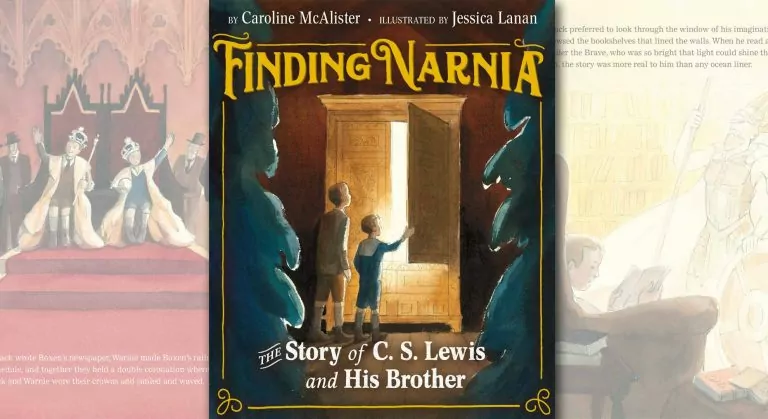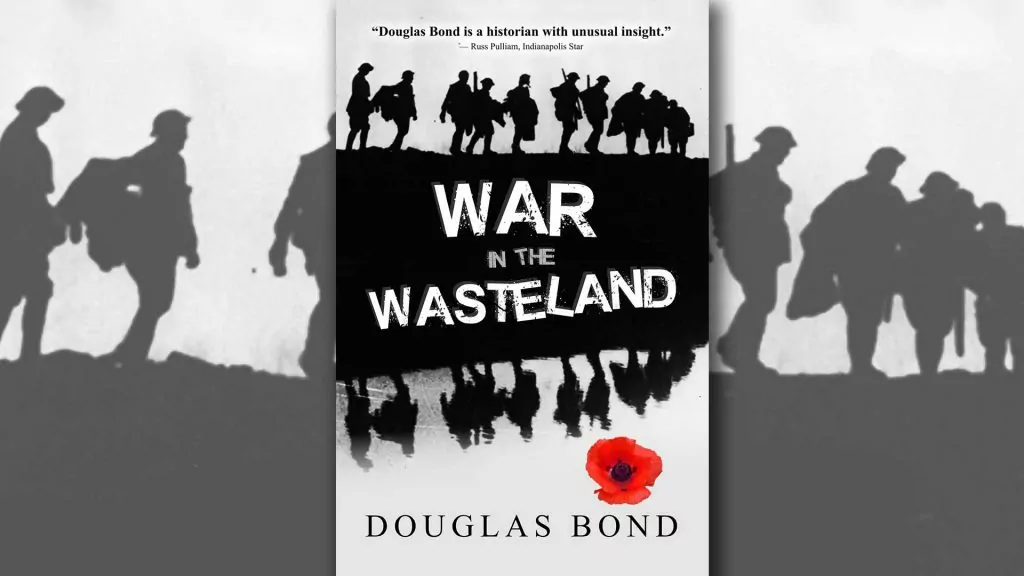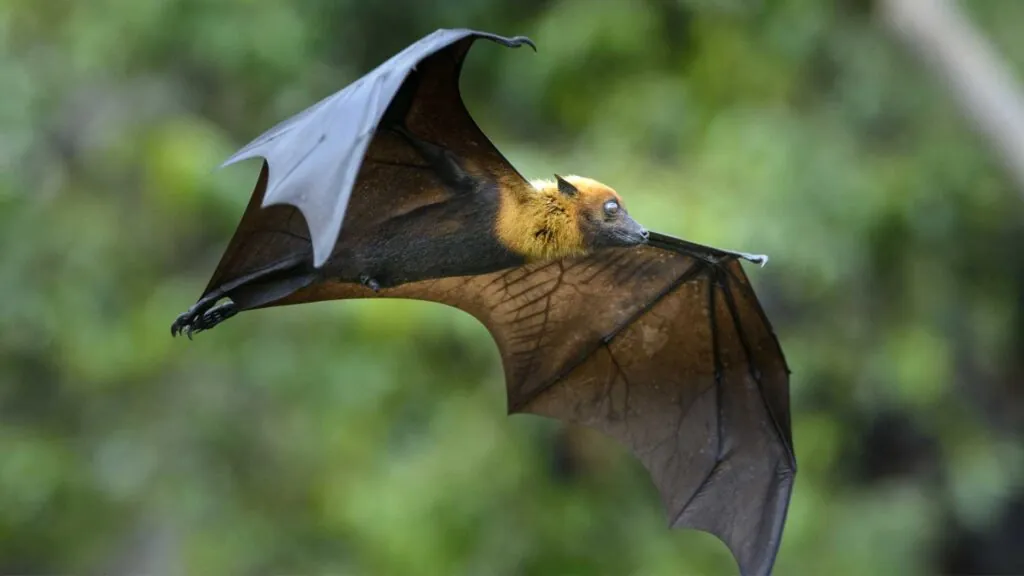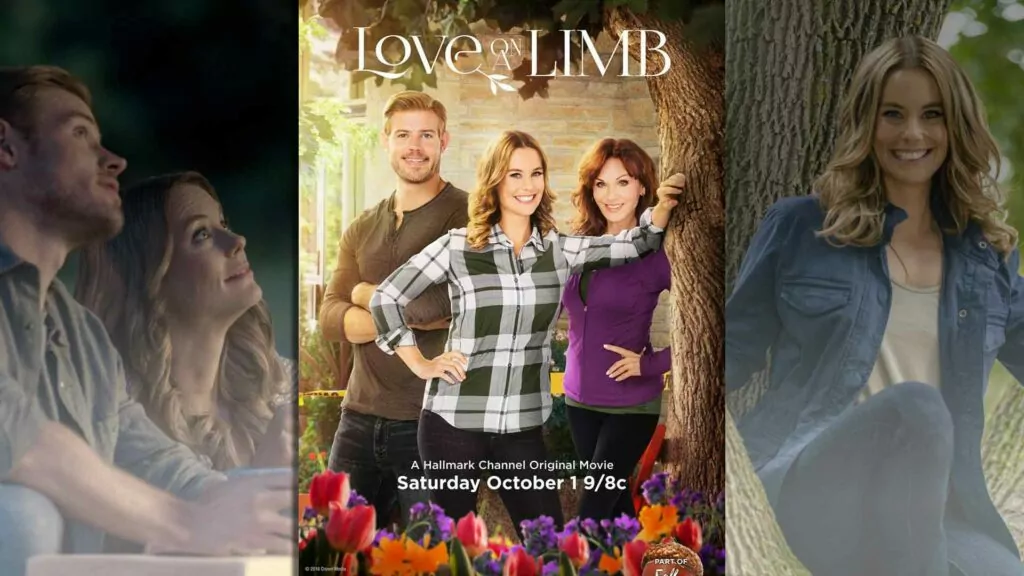When C.S. Lewis was an atheist...
An excerpt from Douglas Bond’s novel War in the Wasteland
Editor’s note: This excerpt takes place during a prolonged Germany artillery barrage that has the British hunkering deep down in their trenches. Private Nigel Hopkins ends up deep underground with his two of his Company’s junior officers, 2cnd Lieutenant Johnson and 2cnd Lieutenant C.S. Lewis.
With nothing to do but wait the two officers restart a conversation they began some days before about the meaning of it all. Lewis, at this point in his life, was an atheist, and, in some ways, a thoughtful one. But in this exchange (in which we come mid-way) Johnson exposes how Lewis’s argument against God is not, as Lewis seemed to suppose, a matter of cold logic, but rather emotion.
****
For several moments, listening to the continuing barrage, sitting in total darkness, no one said anything.
Lewis broke the silence, his tone sober, brooding, almost simmering: “My mother was a rock, the fortress of our existence. When she died our fortress crumbled.”
“I am so terribly sorry,” said Johnson softly. “You were how old?”
“Nine. Almost ten.”
“Tender age,” said Johnson. “Such a pity. How did you cope?”
“I became an atheist.”
“Why an atheist?”
“Why not? I had prayed – nobody could have prayed more earnestly than I. She died, my praying notwithstanding. God did not answer.”
“I am truly sorry for you,” said Johnson.
“You need not be,” said Lewis. “It’s just the facts. Facing them is the same as growing up, leaving childish ways behind.”
“‘God did not answer,’ you say,” said Johnson, picking his way cautiously, so it seemed to Nigel. ”Ergo, He does not exist? It sounds to me as if you do believe in God, but want Him on a leash, dutifully at your side, a tame lion, coming when you call, doing your bidding.”
“Balderdash,” said Lewis.
“‘Facing the facts,’ as you call it,” continued Johnson. “I’m rather fond of facts myself. Enlighten me. Did you decide not to believe in God because you had grappled with the evidence and had concluded that no such divine being existed? Or did you – I mean no offense, mind you – did you decide not to believe in such a being because you were angry with Him for not healing your mother? Put simply, was your unbelief in God to spite Him?”
“That’s more balderdash. It was –“ Lewis broke off, saved by a rapid staccato of exploding ordinance above them.
After another uncomfortable silence, Johnson cleared his throat and began again. “One wonders if it makes rational sense to organize one’s metaphysics around the notion that by simply choosing not to believe in someone that this someone, thereby, no longer exists. If that actually worked, I’d commence not believing in the Kaiser – Poof! Away with him. Poof! Away with the firing their ordinance at us right now. Poof! Away with the whole dashed war.”
“All right, all right. Perhaps, strictly speaking,” said Lewis. “Perhaps, I did not become an atheist. I do not know.”
“I used to think I was one,” said Johnson, striking a match. “But at the end of the day, Jack, atheism is too simple, wholly inadequate to explain the complexities of life, a boy’s philosophy. That’s what it is.”
Lewis, mesmerized by the flickering match light, sat brooding, seeming not to hear him. “Perhaps I had become something worse.” As he proceeded his voice was a strained monotone, each word coming like a lash. “Perhaps it was then that I began to think of God, if He exists at all, as malevolent, a cosmic sadist, inflicting pain on his creatures for sport. Or an eternal vivisector, toying with his human rats merely for curiosity or amusement.”
It was pitch dark again. Listening to the exploding artillery rounds above them, no one said anything for several minutes. Nigel concluded that, furious as it yet was, clearly the main force of the bombardment was winding down. He wondered if one of the German howitzers had jammed, or if the British counterbattery fire had managed to take out some of the enemy’s big guns.
It was Lieutenant Lewis who broke the silence. His voice was barely audible in the dark. “I wish I could remember her face.”
If you’ve enjoyed this excerpt, be sure to pick up a copy of Douglas Bond’s novel “War in the Wasteland” which can be found at any online retailer. And you may also like "The Resistance," a sequel of sorts, which takes place during World War II....












